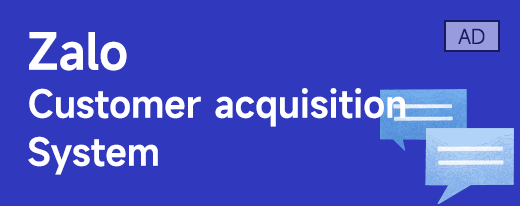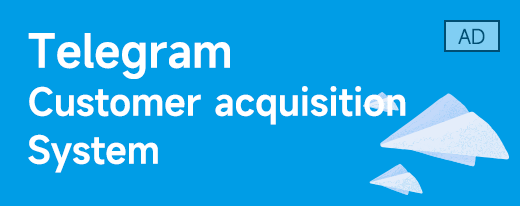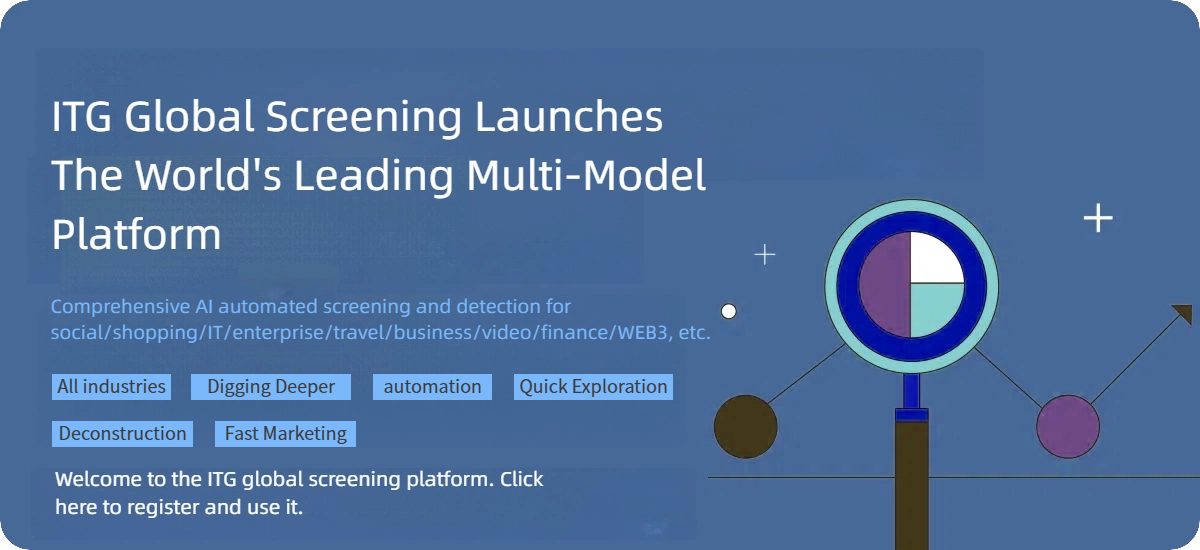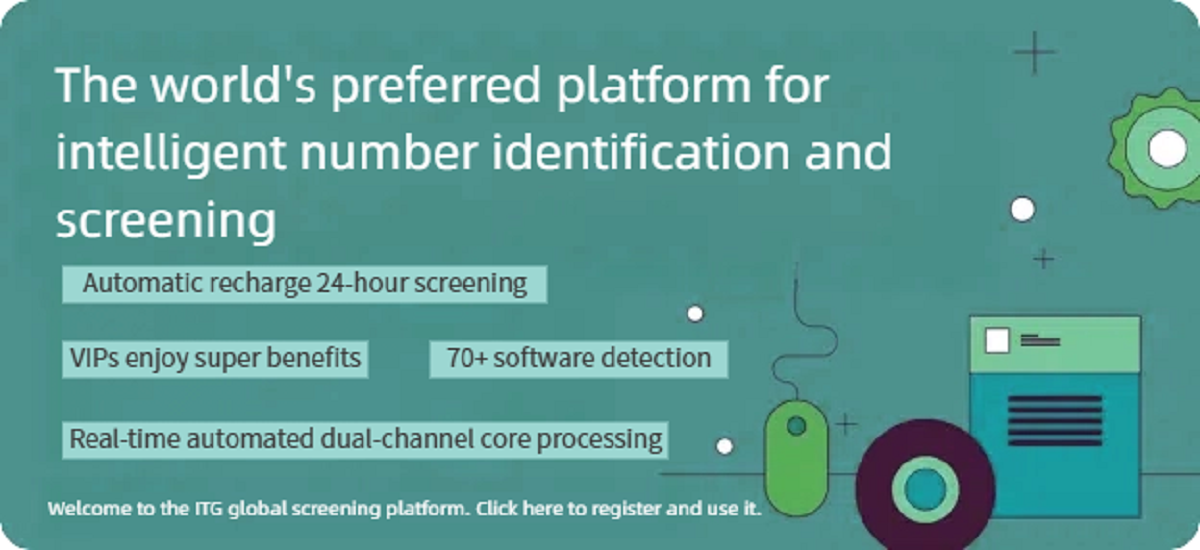In the booming era of cross-border e-commerce and global expansion, the Latin American market, with its vast demographic dividend and rapid digitalization, has become a "new blue ocean" in the eyes of many companies. However, treacherous undercurrents lie beneath this blue sea. Many ambitious ventures have foundered soon after setting sail, succumbing to large-scale account bans. Often, the primary reason is a fatal oversight in the global number screening process. To successfully leap from "waves of account bans" to "stable operations," companies must place global number screening at a strategic height and build a scientific, rigorous, pre-emptive risk control system. This article will delve into the key steps and core considerations for number screening in the Latin America market and explain how to use professional tools like ITG Global Screening to safeguard your journey in Latin America.
I. Why is the Latin American Market So "Stringent" About Number Quality?
Before diving into the steps, we must understand the particularities of the Latin American market, which dictate why its number screening is more stringent than in other regions.
-
Strict Telecommunications Regulations and Data Privacy Laws: Take Brazil's LGPD (Lei Geral de Proteção de Dados) as an example; its severity is comparable to Europe's GDPR. Operators and social media platforms (like WhatsApp, Facebook) crack down hard on abusive behavior, especially bulk registrations using numbers obtained through non-official channels.
-
Proliferation of Virtual Numbers and "Burner Cards": The Latin American region has an abundance of low-cost, easily acquired virtual numbers (VoIP) and prepaid "burner cards." These numbers are frequently used for spam marketing, fraud, and other activities, and are flagged as high-risk by major platforms. Using such numbers for registration almost guarantees immediate identification and banning by platform risk control systems.
-
Uneven Quality of Operator Networks: Latin America has numerous mobile operators, with significant variations in network coverage and signal stability. A phone number might represent an extremely unstable network environment, which can affect the success rate of API calls and thus business processes.
-
Regional Differences in User Behavior Patterns: Usage habits and social patterns of Latin American users differ from those in North America and Asia. Platform risk control models adjust accordingly. A "normal" number must also exhibit behavior that aligns with the local "normal" patterns.
II. Key Steps: Building a Four-Layer Defense for Latin American Number Screening
Achieving stable operations requires number screening to be not a single-dimensional check, but a progressive, multi-layered verification process.
Step 1: Basic Information Verification and Risk Number Database Filtering
This is the first and most basic line of defense. The goal is to quickly eliminate obviously invalid and high-risk numbers.
-
Format Compliance Check: Ensure the number conforms to the target country's dialing format (e.g., Brazil country code 55, total number length). This is the most basic data cleansing.
-
Number Activity Detection: Use technical means to confirm whether the number is currently active, in service, and capable of receiving SMS or voice calls. Deactivated numbers are worthless.
-
High-Risk Type Identification: Utilize tools like ITG Global Screening to accurately identify virtual numbers (VoIP), resold numbers, and number ranges associated with known fraud and spam activities. Removing these numbers at the source can avoid over 80% of immediate ban risks.
Step 2: In-depth Analysis of Carrier and Number Type
Knowing a number is "real" isn't enough; you need to understand its "origin" and "attributes."
-
Carrier Attribution Determination: Confirm the Mobile Network Operator (MNO) to which the number belongs. This is crucial for subsequent analysis of number stability and user profile. For instance, numbers from certain smaller carriers might have a lower reputation in platform risk control systems.
-
Prepaid vs. Postpaid Identification: This is a critical step. In the Latin American market, prepaid numbers, due to their anonymity and ease of acquisition, are far more likely to be abused than postpaid (contract) numbers. Postpaid numbers typically require users to provide identification for credit checks, making them more reliable and stable. ITG Global Screening can effectively distinguish between these two types, and prioritizing postpaid numbers can significantly improve account survival rates.
-
Number Age and History Assessment: A newly registered number and a number with a years-long history of good usage carry vastly different weights in risk control systems. Screening should favor "older" numbers.
Step 3: Platform Reputation and Behavior Simulation Verification
This step closest simulates the real registration environment and involves the highest technical barriers.
-
Platform Risk Score Query: Use non-intrusive APIs to query the number's internal risk score on the target platform (e.g., Meta, Google, WhatsApp). While the exact score might not be available, the tool can return a risk level (e.g., Low, Medium, High).
-
Behavior Simulation and Environment Detection: Advanced screening tools simulate a lightweight, safe platform interaction to detect the number's response in a specific environment. This can uncover potential issues that static checks cannot, such as whether the number is in a platform "probation period" due to past anomalous behavior.
Step 4: Localized and Scenario-Specific Compliance Review
This is a customized step tailored to the characteristics of the Latin American market.
-
Geographical Consistency Verification: Ensure the number's registered location matches your target business area. For example, using a large volume of Colombian numbers for a business focused on Mexico would trigger platform alerts for geographical anomalies.
-
Compliance Review: Ensure that your methods for obtaining and using these numbers comply with local data privacy laws (like Brazil's LGPD). This means the source of your numbers must be based on user consent, and the screening process itself must be compliant.
III. Core Considerations: Avoiding the Invisible "Pitfalls"
When executing the above steps, the following considerations must always be kept in mind:
-
Avoid "One-Off" Screening: Number status is dynamic. A number safe today might be sold or used maliciously tomorrow, landing it on a blacklist. Therefore, for core business functions, it's advisable to establish a regular re-screening mechanism.
-
Balance Cost and Quality: The strictest screening implies the highest number rejection rate and cost. Companies need to formulate screening strategies of different levels based on the risk tolerance of their business scenarios. For instance, accounts for core customer service should use the highest screening standard, while those for marketing campaigns can be slightly relaxed within controllable limits.
-
Focus on User Experience: The screening process should not be overly lengthy, impacting user conversion rates during registration or login. Good tool and process design strikes a balance between security and smoothness.
-
Data Security is the Bottom Line: Throughout the number screening and storage process, encrypted transmission and storage must be used to ensure user privacy data is not leaked. This is not only an ethical requirement but also a legal red line under regulations like the LGPD.
IV. Tool Empowerment: The Value of ITG Global Screening in Latin American Scenarios
To do good work, an artisan needs the best tools. Facing Latin America's complex telecommunications environment, manual screening or relying on rudimentary tools is like finding a needle in a haystack. The value of professional tools like ITG Global Screening lies in:
-
Global Data Coverage and Real-Time Updates: It possesses a data network covering the globe, with deep coverage specifically of Latin American carriers, providing the most accurate number attribute information, and its blacklist databases are updated in real-time.
-
Multi-Dimensional Comprehensive Judgment: It doesn't perform a single check but integrates and analyzes data from multiple dimensions—basic information, carrier data, platform reputation—to provide a comprehensive risk assessment report.
-
Seamless API Integration: It can be easily integrated into your registration, login, or marketing workflows, enabling automated pre-emptive risk control and improving operational efficiency.
-
Deep Regional Knowledge: Professional service providers have a profound understanding of the local Latin American markets and can offer targeted advice and solutions, not just cold data.
Conclusion
In the exploration of the Latin American market, accounts are the bridges connecting users and services, and high-quality numbers are the sturdy piers of these bridges. The transition from "account bans" to "stable operations" is essentially an upgrade from extensive growth to refined operations. By establishing a multi-layered number screening system encompassing basic verification, in-depth analysis, platform validation, and compliance review, and leveraging professional tools like ITG Global Screening, companies can fundamentally improve account quality and reduce operational risks. This is not just an investment in technology but also respect for the market and its users. Only in this way can one navigate steadily and far, reaping rich rewards in the land of Latin America, full of both opportunities and challenges.
ITG Global ScreeningIt is a world-leading number screening platform that combines
Global mobile phone number segment selection, number generation, deduplication, comparison and other functions. It supports global customersBulk numbers from 236 countriesFiltering and testing services, currently supportedMore than 40 social and apps, such as:whatsapp/line, twitter, facebook, Instagram, LinkedIn, Viber, zalo, Binance, signal, skype, DISCORD, Amazon, Microsoft, Truemoney, Snapchat, kakao, Wish, GoogleVoice, Botim, MoMo, TikTok, GCash, Fantuan, Airbnb, Cash, VKontakte, Band, Mint, Paytm, VNPay, Moj, DHL, Okx, MasterCard, ICICBank, Bybwait.
The platform has several features, includingOpen filtering, active filtering, interactive filtering, gender filtering, avatar filtering, age filtering, online filtering, accurate filtering, duration filtering, power-on filtering, empty number filtering, mobile device filteringwait.
Platform providesSelf-sieve mode, sieve mode, fine-sieve mode and custom mode, to meet the needs of different users.
Its advantage lies in the integration of major social and applications around the world, providing one-stop, real-time and efficient number screening services to help you achieve global digital development.
You can use the official channelt.me/itginkGet more information and verify the identity of business personnel through the official website. Official Businesstelegram:@cheeseye
(Warm reminder: You must identify the username when searching for the official customer service number on Telegramcheeseye), you can also verify through the official website:https://www.itg.la/check_US.html, confirm whether the business you are in contact with is a ITG official
ITG.LA










